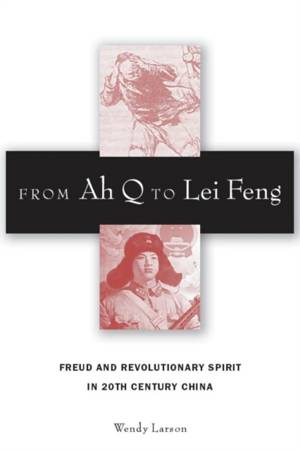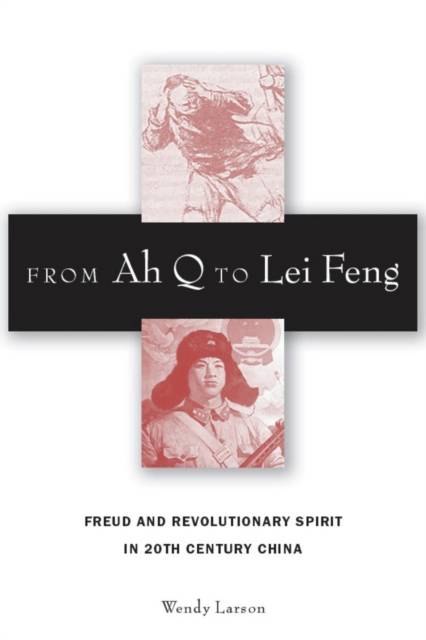
- Retrait gratuit dans votre magasin Club
- 7.000.000 titres dans notre catalogue
- Payer en toute sécurité
- Toujours un magasin près de chez vous
- Retrait gratuit dans votre magasin Club
- 7.000.000 titres dans notre catalogue
- Payer en toute sécurité
- Toujours un magasin près de chez vous
From Ah Q to Lei Feng
Freud and Revolutionary Spirit in 20th Century China
Wendy LarsonDescription
When Freudian sexual theory hit China in the early 20th century, it ran up against competing models of the mind from both Chinese tradition and the new revolutionary culture. Chinese theorists of the mind--both traditional intellectuals and revolutionary psychologists-- steadily put forward the anti-Freud: a mind shaped not by deep interiority that must be excavated by professionals, but shaped instead by social and cultural interactions.
Chinese novelists and film directors understood this focus and its relationship to Mao's revolutionary ethos, and much of the literature of twentieth-century China reflects the spiritual qualities of the revolutionary mind. From Ah Q to Lei Feng investigates the continual clash of these contrasting models of the mind provided by Freud and revolutionary Chinese culture, and explores how writers and filmmakers negotiated with the implications of each model.
.
Spécifications
Parties prenantes
- Auteur(s) :
- Editeur:
Contenu
- Nombre de pages :
- 336
- Langue:
- Anglais
Caractéristiques
- EAN:
- 9780804700757
- Date de parution :
- 16-10-08
- Format:
- Livre relié
- Format numérique:
- Ongenaaid / garenloos gebonden
- Dimensions :
- 160 mm x 231 mm
- Poids :
- 566 g







